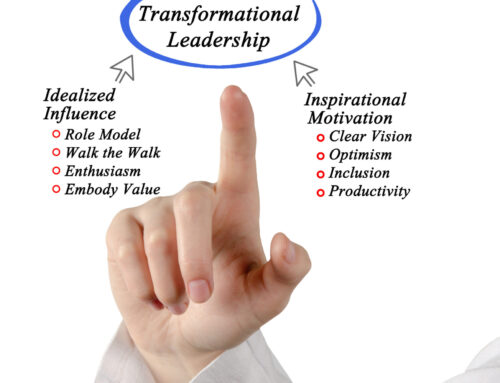Attachment theory is a psychological concept that explains how early childhood experiences with caregivers shape our ability to form and maintain relationships throughout our lives. The theory suggests that children who form secure attachments with their primary caregivers tend to develop positive self-esteem, healthy emotional regulation, and strong interpersonal skills.
But how does attachment theory relate to leadership? In recent years, there has been a growing interest in the idea that effective leadership requires a deep understanding of attachment dynamics. Here are a few ways in which attachment theory can inform our understanding of leadership:
- Secure attachments promote trust: Leaders with a secure attachment style tend to be more trusted by their followers. Consequently, secure attachment is associated with empathy, warmth, and reliability, which are essential in building trust with others.
- Insecure attachments can lead to power struggles: Leaders with an insecure attachment style may struggle with control and power issues. They may feel threatened by challenges to their authority and may respond by becoming defensive or aggressive. They can create a toxic work environment and harm the team’s productivity and well-being.
- Attachment patterns are changeable: The good news is that attachment patterns are changeable with time and effort. Leaders who are aware of their attachment style can work to develop more secure attachment patterns, which can lead to better relationships with their followers and tremendous success in their roles.
- Attachment theory can inform leadership development: By understanding attachment theory, we can better design leadership development programs that address leadership’s emotional and relational aspects. For example, by attending training on empathy, emotional regulation, and communication skills – all critical for effective leadership.
In conclusion, attachment theory can provide valuable insights into leadership dynamics. By understanding our attachment style, we can become more effective leaders who can build trust, manage power dynamics, and cultivate positive relationships with our followers.



